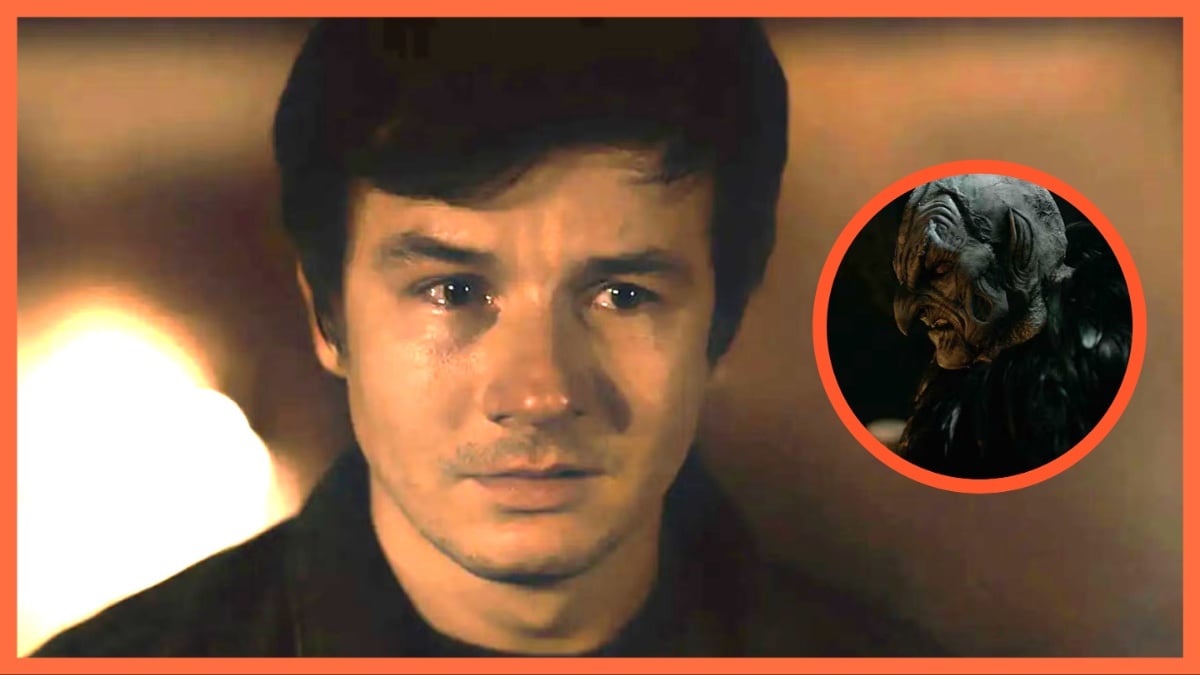Let’s get something straight right out of the gate; no matter what cynical rage-grifter fishing for attention has to say about the state of cinema, it is not dying. Anyone who pays attention and makes an effort to seek out new releases will find plenty to gush about, especially if that search is actually driven by the desire to find something you like.
Indeed, A24 consistently puts out banger after banger, and even within the landscape of IP filmmaking, the likes of Alien: Romulus and Transformers One inspires all kinds of hope. Film is doing just fine, folks. This, despite how many people seem to not only be okay with Rhys Frake-Waterfield’s presence in the industry, but enable him at the box office and now on Prime Video.
Per FlixPatrol, this dark day of Oct. 14 has seen Winnie-the-Pooh: Blood and Honey 2 clamber up to seventh place on the worldwide Prime Video rankings. This heaping pile of degeneracy is the sequel to the much-lambasted 2023 slasher Winnie-the-Pooh: Blood and Honey, and also the sequel to one of the most genuinely miserable cultural developments that the medium of film has ever exploited.
For those of you who aren’t aware, you are the object of my unending envy, first of all. Second of all, Blood and Honey is the result of Frake-Waterfield eyeing the recent expiration on the copyright of A. A. Milne’s Winnie the Pooh characters, and subsequently putting them into a low-budget horror film where Pooh and friends go feral and kill a bunch of women.
The sequel, for its part, garnered a 46 percent approval rating from critics on Rotten Tomatoes – a massive jump from the three percent approval rating of its predecessor. That higher rating, however, is entirely part of the problem.
The Blood and Honey films, along with every future entry in Frake-Waterfield’s “Twisted Childhood Universe,” have no interest in existing. These films are not driven by a love for storytelling, an interest in meaningfully exploring the source material, or even being an exercise in horror choreography. No, they’re the product of nothing more than an opportunistic desire to take characters from beloved children’s stories and make them into edgy horror villains, riding on the back of post-ironic sensationalism and the trend of shared universes without even trying to understand the purpose of shared universes.
It is at once the most emotionally disconnected, inconsequential enterprise to have emerged from the film industry in the last few years, and the ultimate tragedy of that is how it leans into this wider trend of apathy towards film and even life itself. Blood and Honey 2 is precisely the sort of film that encourages going on your phone half the time, and the aforementioned post-irony sheen means you needn’t worry about engaging with it meaningfully, you can just smirk along with it and not have to worry about being honestly appealed to at the behest of your pesky human emotions.
But at the end of the day, I suppose it would be more difficult to fully understand the value of genuinely wonderful films if we didn’t have worst-case-scenario products like Blood and Honey 2 to occupy the other end of the spectrum, and the number of said great films coming out these days greatly outweigh the occasional Frake-Waterfield cinematic skid mark. Cinema is not — and will never be — dead.
